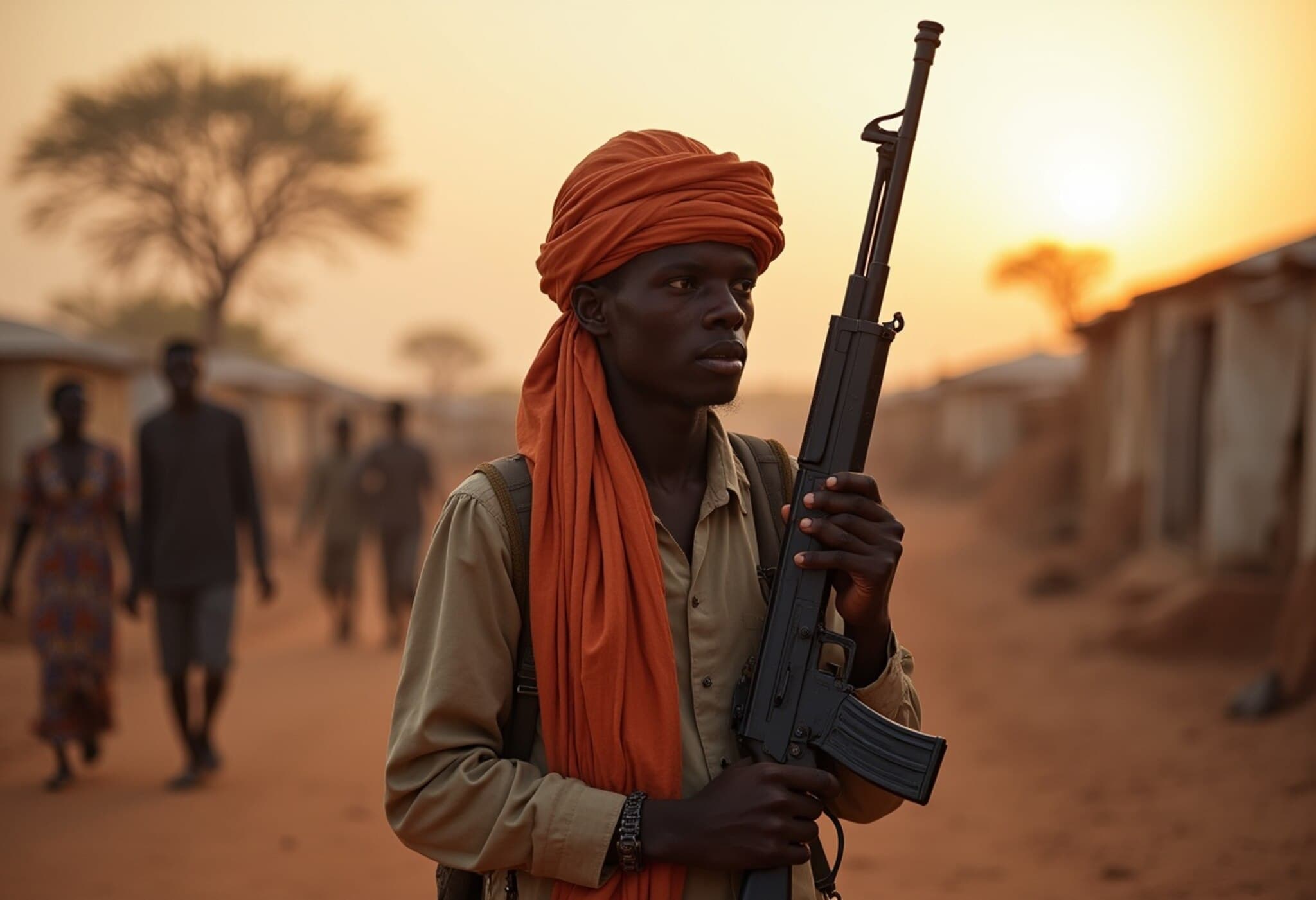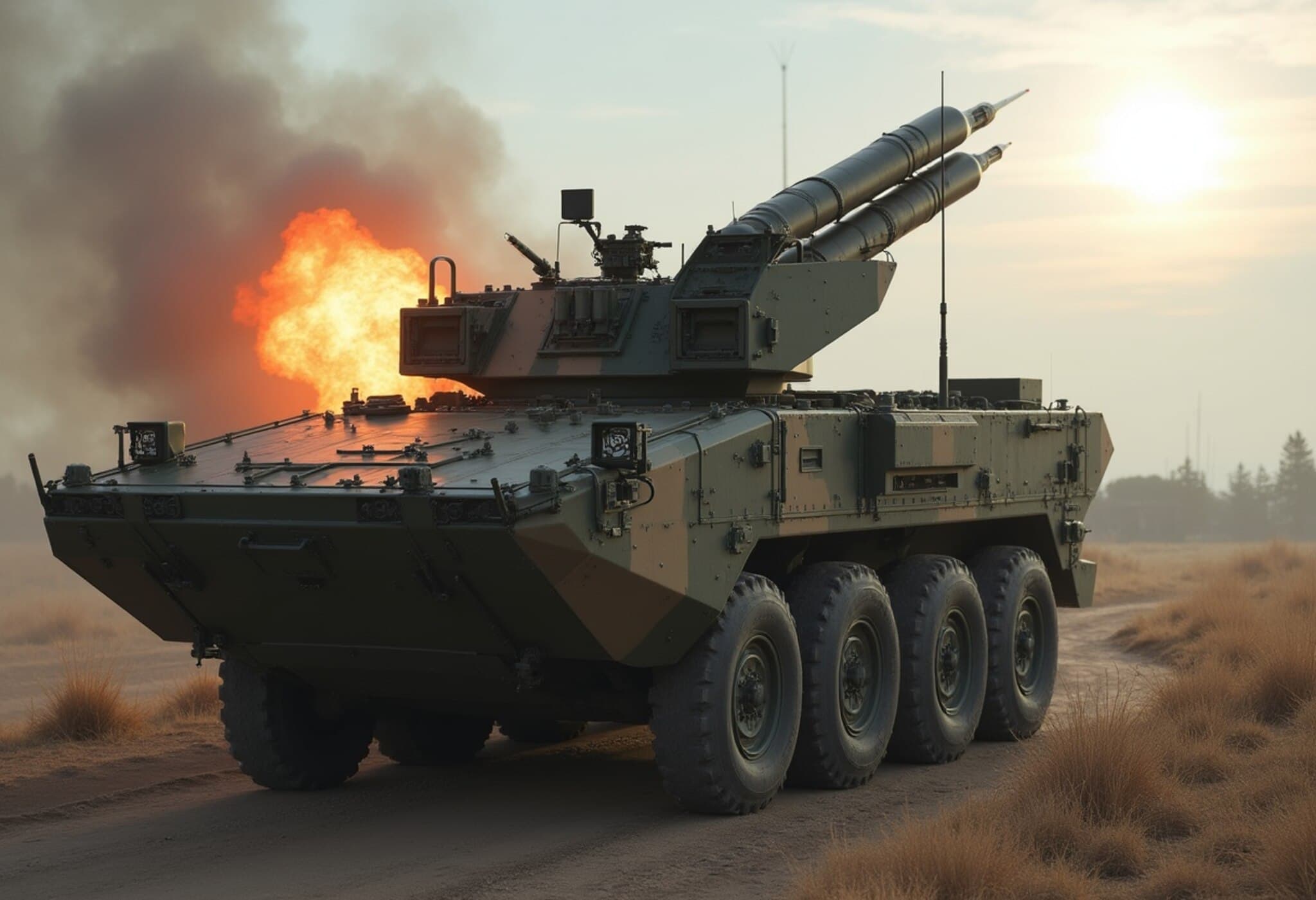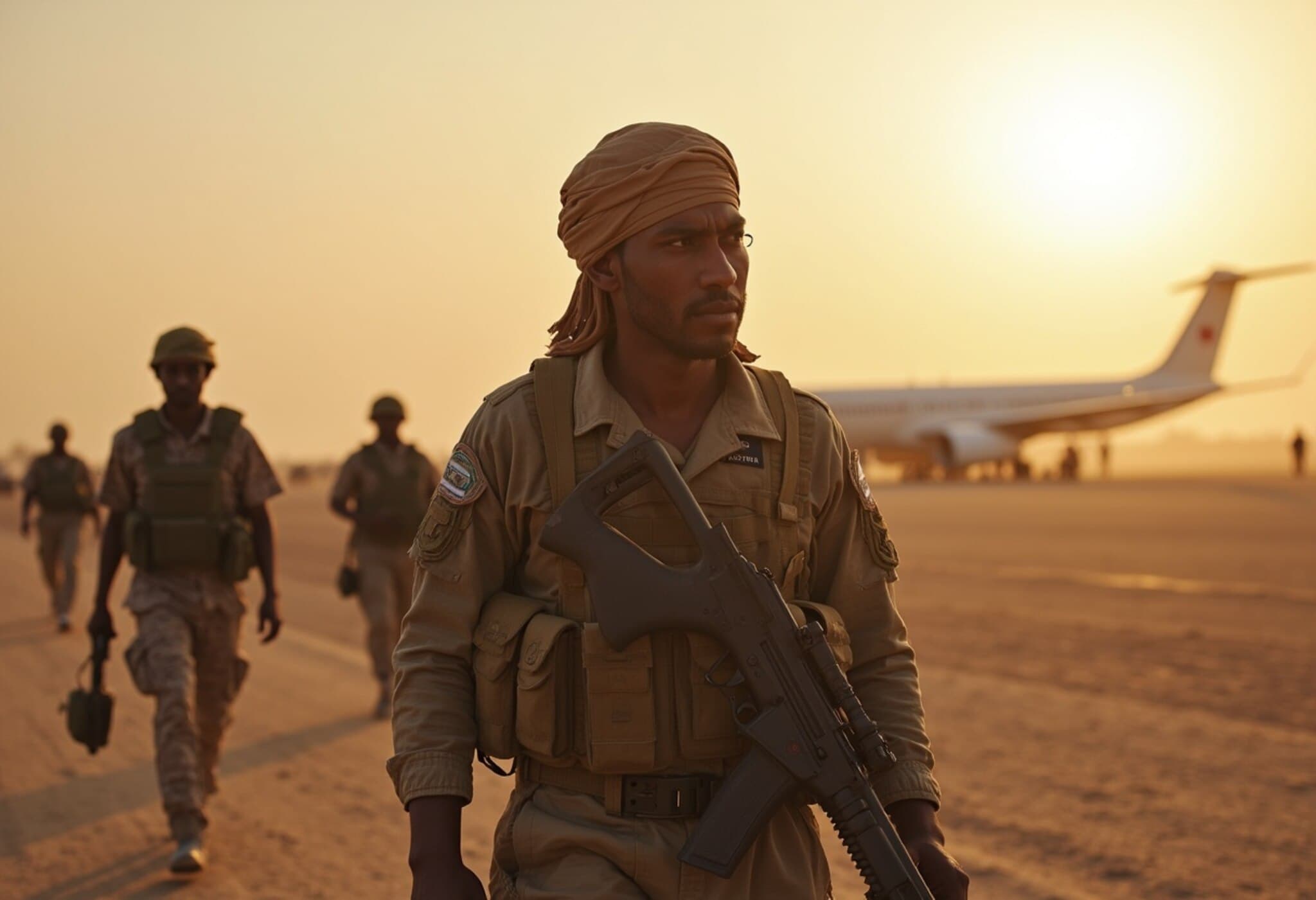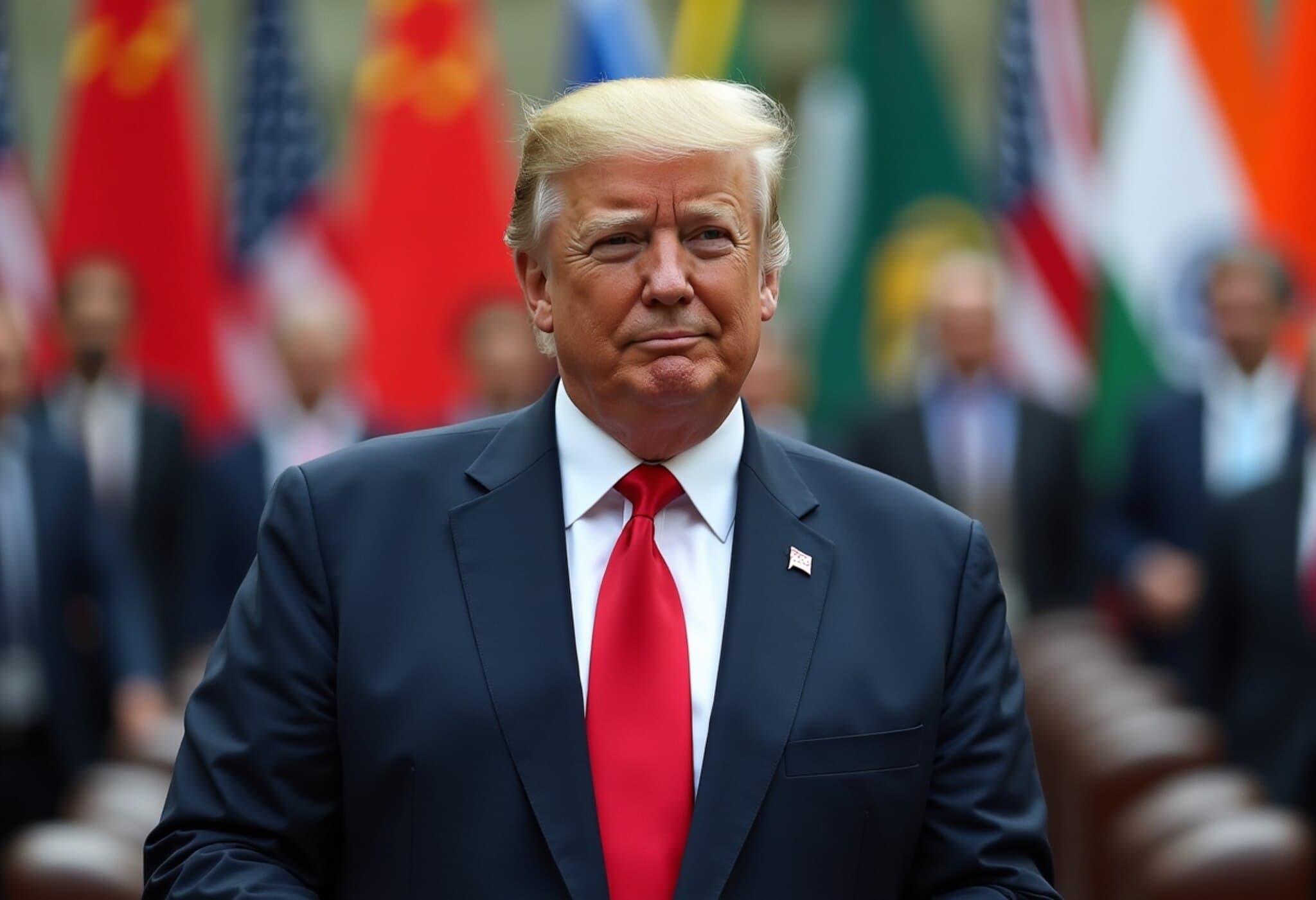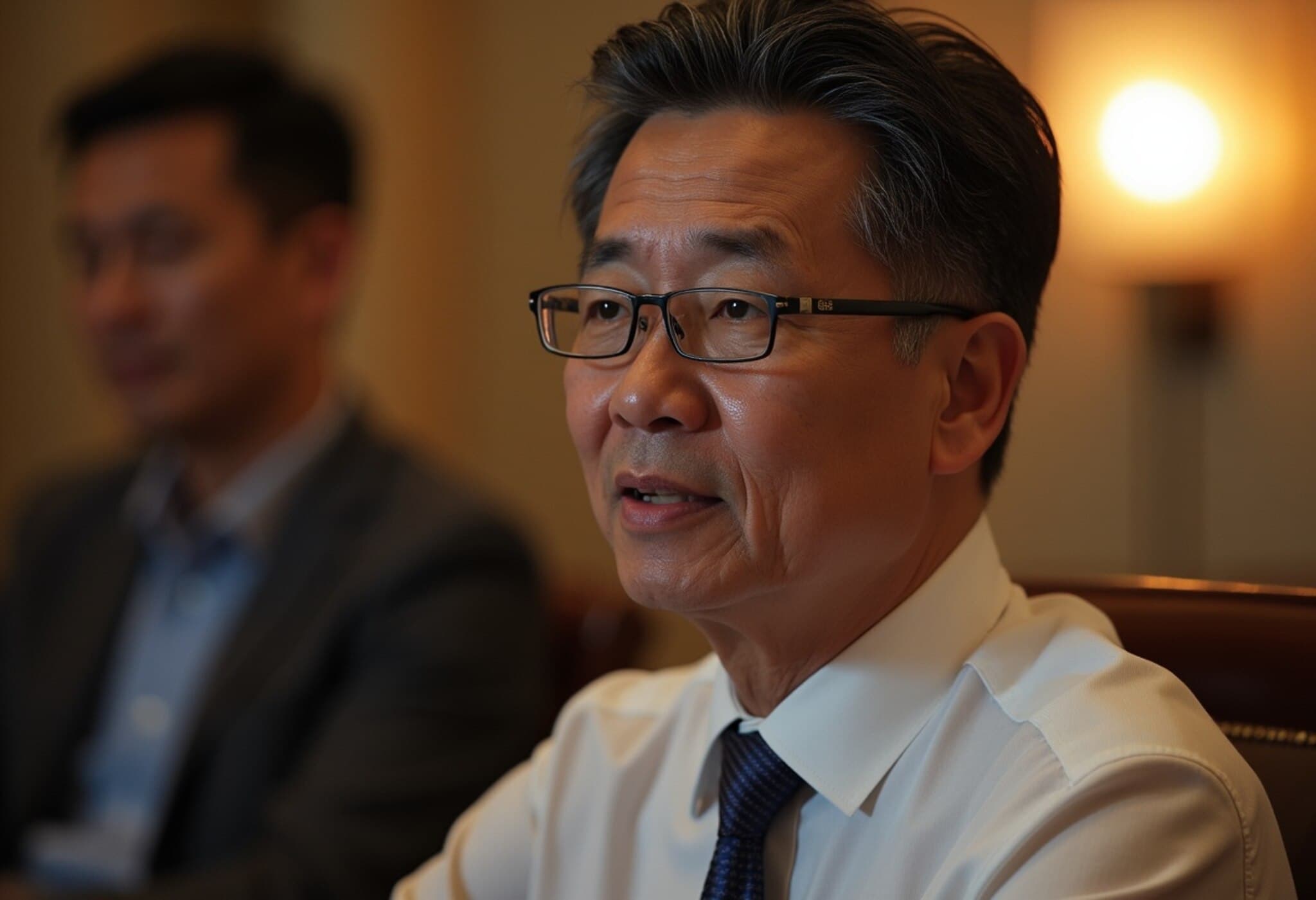Sudan’s Civil War Escalates as Zamzam Camp Becomes a Site of Massacre
Since April 2023, Sudan has been engulfed in a brutal civil war between the Sudanese Armed Forces and the paramilitary Rapid Support Forces (RSF). The conflict has tragically dragged on, claiming tens of thousands of lives and plunging millions into distress. The situation took a horrifying turn on April 11, 2025, when RSF forces launched a violent assault on Zamzam camp, a refuge for nearly half a million displaced persons near Al Fashir in the Darfur region. This attack resulted in over 1,500 civilian deaths, according to multiple credible sources, marking one of the darkest chapters in Sudan’s history.
Zamzam Camp: From Safe Haven to Scene of Horror
Initially established to shelter those fleeing past conflicts and famine, Zamzam camp was already struggling under conditions of extreme deprivation, limited aid, and widespread malnutrition. The recent onslaught—characterized by indiscriminate shelling, starvation tactics, and the deliberate destruction of infrastructure—has pushed the camp to the brink of collapse. Notably, medical facilities, including the camp’s last hospital providing maternal and reproductive health services, were deliberately targeted and destroyed in the attack, crippling critical healthcare availability amid an escalating crisis.
A harrowing testimony from local volunteers and humanitarian workers paints a grim picture of survivors grappling with unimaginable loss while caught in the crossfire. The death of at least nine aid workers during the assault, many from Relief International, highlights the increasing dangers faced by humanitarian responders in Sudan.
Widespread Displacement and a Spiraling Humanitarian Catastrophe
The violence has triggered a massive internal displacement crisis. By late June 2025, more than 436,000 internally displaced persons (IDPs) were registered across 26 localities in four Sudanese states. The assault on Zamzam alone forced nearly 500,000 people — including approximately 260,000 children — to flee in just a few weeks, representing about 99% of the camp's population. Many displaced families are seeking refuge in nearby villages such as Al Fashir, Neivasha, and Abu Shouk, although resources remain scarce.
The broader siege of Al Fashir by RSF forces for over a year has resulted in vital supply routes being blocked, effectively choking off essential aid and deepening the suffering of civilians trapped in the region. The United Nations and multiple aid agencies have repeatedly condemned the attacks, describing them as not only breaches of international humanitarian law but potential war crimes due to the targeted nature of medical and civilian infrastructure destruction.
The Geopolitical and Humanitarian Stakes
The massacre at Zamzam Camp comes at a particularly inopportune moment, as the United Kingdom prepares to host a high-profile summit intended to broker peace in Sudan. This juxtaposition underscores the challenges of addressing entrenched conflict fueled by fragmented power struggles and competing military factions.
Experts warn that the ethnic and political dimensions of Sudan’s conflict risk spiraling into a protracted regional crisis, with neighboring countries facing potential refugee influxes and destabilization. Moreover, the deliberate targeting of civilians and humanitarian workers raises urgent questions about the international community's capacity to enforce accountability and protect vulnerable populations.
Underreported Dimensions and Critical Questions
- Human Rights Violations: Beyond the immediate violence, the systematic targeting of medical personnel and aid workers signals a dangerous erosion of international norms that safeguard humanitarian operations.
- Child Vulnerability: With over half of Zamzam’s displaced population being children, the long-term psychological and developmental impact of this trauma remains largely unaddressed.
- International Response: The global community’s delayed and fragmented response points to broader challenges in mobilizing effective intervention amidst geopolitical complexities.
- Climate and Food Security: Ongoing conflict exacerbates food insecurity and environmental degradation in Darfur, compounding humanitarian needs and complicating recovery prospects.
Looking Ahead: What Needs to Change?
Without urgent international coordination, protection mechanisms, and accountability efforts, civilians in Sudan will continue to bear the brunt of this conflict. The global community must prioritize:
- Robust diplomatic engagement to facilitate a ceasefire and inclusive peace negotiations.
- Expanded humanitarian access and protection for displaced populations and relief workers.
- Legal mechanisms to investigate and prosecute war crimes and crimes against humanity.
- Long-term development aid aimed at rebuilding infrastructure and stabilizing affected communities.
Ultimately, the tragic events in Zamzam are a stark reminder that frontline civilians must not be forgotten amid geopolitical chess games. Their resilience and survival depend on renewed commitment to human dignity and justice.
Editor’s Note
The Sudanese civil war and the Zamzam camp massacre highlight the devastating human cost of protracted conflict marked by targeted violence against civilians. As peace efforts begin on the international stage, this crisis demands not only media attention but sustained, tangible actions that center on protecting vulnerable populations. Readers should consider: What role should international actors play in balancing sovereignty, humanitarian needs, and justice? And how can global institutions better prevent such atrocities in the future?

